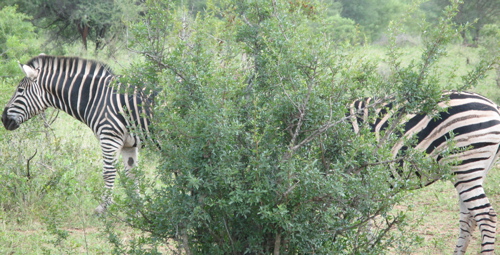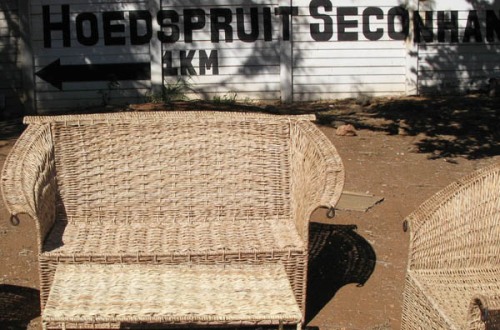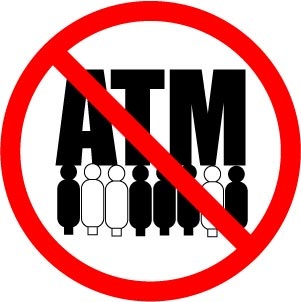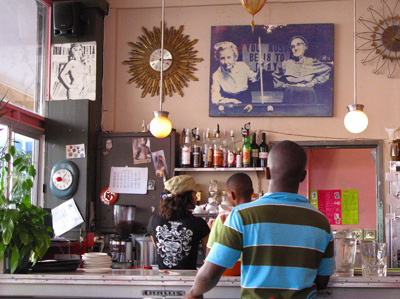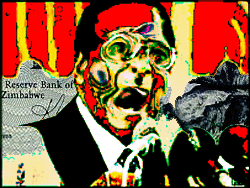On a Thursday morning in Rooibok, 150 pre-adolescent children lie belly-flat in the cobra position, raising dust beneath a big old tree. Their instructor, wearing a bright red FREE YOUR SOUL t-shirt and a goofy glazed smile, counts to eight in his head and laughs out aloud.
Eyes open wide as the crisp morning air shovels up snotty nostrils. The children hold their breath like jazz trumpeteers, arch their backs, creak their necks and blow out those little kid blues. In the background, behind a mountain of thick winter scrub, bushfires burn bright in the bellies of the cobra.
Cheueu Primary School in Rooibok is is not the wealthiest school in South Africa. It consists of three crumbling concrete bulidings, with rusted tin rooves and no grass on the lawn. The vegetable garden is barren, the windows smashed and the fences are falling down. Three hundred learners are still away at initiation school, bound to graduate in the coming week and return with secret tales and permanent scars. Outside the gate, a handful of slackers mill about, screaming for a ride, running late for the first bell.
Short Break arrives, and an old lady hands out oranges. Juice drips down chins, while one kid plays soccer with his piece until a teacher barks and the kid tucks the bruised fruit in his pocket.
The staffroom is basic; a desk, a bench seat, a photo copier and reams of butcher’s paper marked with scribbled timetables and teacher id’s. A crumpled note reads ‘Small minds talk about people, medium minds talk about events, big minds talk about ideas.’
The Deputy Principal, Mr R.R, shakes my hand and fingers his well-trimmed moustache. “You are here to commensurate us with your experience, Thomas. Education is about people, and you are our friend.”
My brief is for Physical Education and English. I have no way to prove my qualifications, but nobody seems to mind. Can I start immediately? I’d first made contact with the school back in May, but the nationwide teacher strike left it closed for three months. I’d rather not teach English without any preparations, I tell Mr R.R., but I would love to teach yoga.
Mary*, a friendly young teacher with a tennis ball haircut, and dressed neatly in a plaid skirt, asks if I am a Jehovah’s Witness. I shake my head, no way, but then remember my t-shirt and my yoga, and think that maybe I am whipping up a quiet frenzy, proseltysing, a do-gooder mhlungu barging in with big ideas and little time.
No time to dwell on my motives though. The students are packed in the classroom tighter than day-old pap. The Foundation Learners – Grade One Two Three – slide around their sandy classroom floor, moving desks, chairs and unzipped bags spilling pencils and uneaten oranges in the dust. Half the kids wear shoes, a quarter jump up and down swapping partners in the ten minute grace period between setting up and getting started, between schedule and unannounced mhlungu visitor with a spiritual agenda and no lesson plan.
The kids in the back can’t see me, can’t hear me, so I push a table against the blackboard and sit cross-legged on its rickety feet. We start with an arm-to-leg asana and the children scruff and squirm and bow as one. We move through a range of postures, til our noses are free from grotty earth, and we breath like the day we were born.
The kids pair up, and massage each other’s hands. Nobody is saying much, just eyes down or closed, rubbing the natural oils into their palms, getting to know that kid they never spoke to, getting to know themselves.
I set the alarm on my mobile. Two minutes of silence, eyes closed, legs crossed. Some Grade Threes prefer the African way, with legs folded to one side. No problem, we are all heading in the same direction. 3, 2, 1, ssshhh. Then nothing. Unlike adults, they have little to unlearn. Everything they need, they know, they pretty much already have.
The village of Rooibok in Bushbuckridge is like so many communities in rural South Africa. No red tape, no ticker tape; if you’re in, you’re in, and you’re welcome. “You can see our school is very poor,” says Mr. R.R. “We have asked the government for more support, but we are still waiting.”
The next day, we meet the students by the tree. The Grade Ones in the front row creep closer to the instructor’s rug and giggle dare each other to peek. The Grade Twos spread themselves wide in the bird posture, tippy-toeing to the termite mound. The Grade Threes, way bad in the back, are stern-faced and stubborn, but dance the classical kaoshiki with grace til their face muscles relax and they burst into Grade One rapture.
The homeroom teachers wobble their bodies into shape, and drift happily away from lesson plans. They have diagrams in the pockets and vow to practise every day.
The class ends with a 7000-year-old yogic warrior dance. Traditionally, it’s performed holding a live snake in one hand and a sword in the other. But these Tantric pre-teens need only swing their legs back and forth like psychedelic can-can girls, shouting kick, kick, kick, kick. The pace quickens until a hundred brave hearts beat a thousand times over, and there is nothing in the head but a hole full of happy. The fires blaze unchecked. It’s a beautiful morning in Rooibok.


